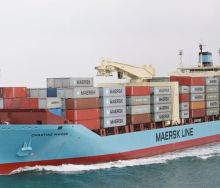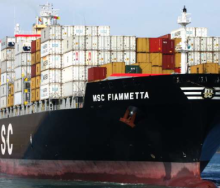Ten years on from the global financial crisis, the prospects for a sustained economic recovery remain at risk as leaders and policy-makers have failed to put reforms in place to enhance competitiveness and bring about much-needed increases in productivity, according to data from the World Economic Forum (WEF) Global Competitiveness Report 2017-2018, published yesterday (Tuesday).
The report shows that, on average, sub-Saharan Africa’s competitiveness has not changed significantly over the past decade and only a handful of countries – Ethiopia (108), Senegal (106), Tanzania (113), and Uganda (114) – are continuing to improve this year. Leading the ranking in the region are Mauritius (45), Rwanda (58), South Africa (61) and Botswana (63).
The WEF report highlights that Africa is largely still being penalised by its macro-economic environment. Average inflation grew to double digits last year while public finances are still being affected by relatively low commodity prices. At the same time, Africa’s financial markets and infrastructure remain underdeveloped, and institutions’ improvement process hit a setback this year as political uncertainty is growing in key countries.
Drawing on data going back 10 years, the report highlights the financial system as an area of great concern where levels of “soundness” have yet to recover from the shock of 2007 and in some parts of the world are declining further.
Another key finding is that competitiveness is enhanced, not weakened, by combining degrees of flexibility within the labour force with adequate protection of workers’ rights. With vast numbers of jobs set to be disrupted as a result of automation and robotisation, creating conditions that can withstand economic shock and support workers through transition periods will be vital.
Data also suggests that the reason innovation often fails to ignite productivity is due to an imbalance between investments in technology and efforts to promote its adoption throughout the wider economy.
“Global competitiveness will be more and more defined by the innovative capacity of a country. Talents will become increasingly more important than capital and therefore the world is moving from the age of capitalism into the age of talentism. Countries preparing for the Fourth Industrial Revolution and simultaneously strengthening their political, economic and social systems will be the winners in the competitive race of the future,” said Klaus Schwab, founder and executive chairman of the World Economic Forum.
.png)













